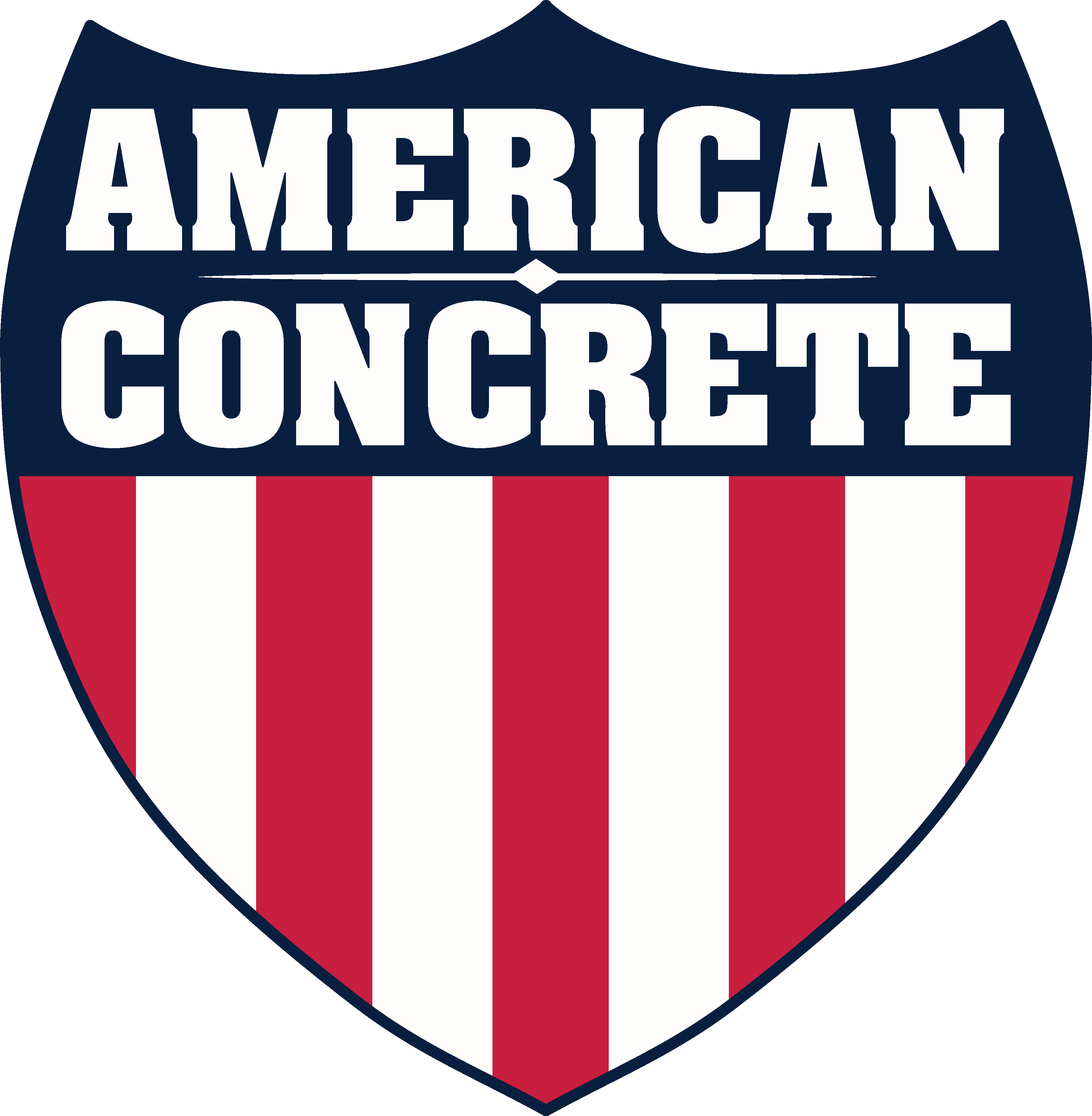What is concrete?
Concrete is the worlds most widely used building material and it dates back to the Roman Empire. Roman buildings, such as the Parthenon, were made of concrete and still stand today. Over 4.5 billion tons of concrete are produced each year, and for good reason! Concrete structures boast some great qualities:
- Heavy resistance to extreme weather conditions (wind / water)
- Resistance to fire
- High levels of sound absorption
- Unrivaled strength, durability, and longevity
- Lowest carbon footprint for a structure over its lifespan
In its most common form, concrete consists of aggregate (sand and stone), Portland cement, and water. The cement and water create a paste that acts as a binding agent for the aggregates. Through a chemical reaction called hydration, the paste hardens and gains strength to form the rock-like mass known as concrete.
Recycled materials, such as fly ash, can also be used to improve the product performance.
Through additional additives and techniques we can achieve countless concrete types including, high strength concrete, lightweight concrete, heavy fiber concrete (allowing removal of certain steel), architectural concrete and decorative concrete.
What is P.S.I.?
P.S.I. stands for Pounds Per Square Inch. This is a calculation of the downward force that the concrete can withstand, per square inch, before it reaches failure. Most commercial and residential applications require 3,000psi – 4,000psi but we have seen strength requirements reach over 10,000psi!
In order to test the P.S.I. of a particular batch of concrete, a certified concrete technician will take a sample and place the concrete into molds. After an adequate curing period (usually 7 and 28 day increments), the molds will be placed into a machine that will gradually increase the downward pressure exerted onto the molds. Once the mold breaks, the technician will record the force as the PSI of that sample.
So, what P.S.I. do you need? Well, that varies significantly from job to job. We highly recommend that you contact us and one of our Customer Service Representatives will be happy to answer any questions, at no cost to you, in person or on the phone. We can provide you with a quote for the concrete and also set you up with many licensed and fully insured contractors in the area that we recommend.
Order the correct amount
If you take your time and accurately calculate how much concrete you need, you can greatly reduce potential costs by eliminating finish up deliveries. So, how do you correctly determine the cubic yardage needed for a project?
Use our online calculator (Please note that your grading needs to be perfect for this as just an inch or two off can result in many extra yards needed)
Contact us today for one of our experts to help you calculate the yardage. This is a completely free service and we will be glad to come look at your project for you!
Ensure the jobsite is accessible and the finisher is ready
You are given one hour to get the concrete off the truck and anything after that is charged by the minute! If you think it might take longer than an hour, make sure to tell us so we can discuss available solutions to keep concrete from setting up too quickly! Once the concrete is batched is has a very finite shelf-life…order only when you are 100% ready!
Determine correct strength
Concrete is classified by compressive strength. (Ex, 3,000 psi concrete would withstand a minimum of 3,000 lbs. per square inch before it started to fail.) While commercial jobs strength specifications are determined by the engineer on record, the strength requirements for residential concrete are often set by local building codes. Most commonly, we see 2,500 psi as the minimum requirement for residential concrete, however, we recommend not going below 3,000 psi. Don’t hesitate to ask one of our specialists if you don’t know what strength to use!
Discuss the following with one of our Customer Service Representatives:
- Your location and access to jobsite: Our trucks are 8’ wide, over 35’ long and weigh over 60,000 lbs when fully loaded! Let us help you make sure that our truck can get to the job
- Correct PSI for the job
- Additives / reinforcement options
- The dimensions of your project (we can double check your calculations to save you money in the long run!)
- Best delivery time
